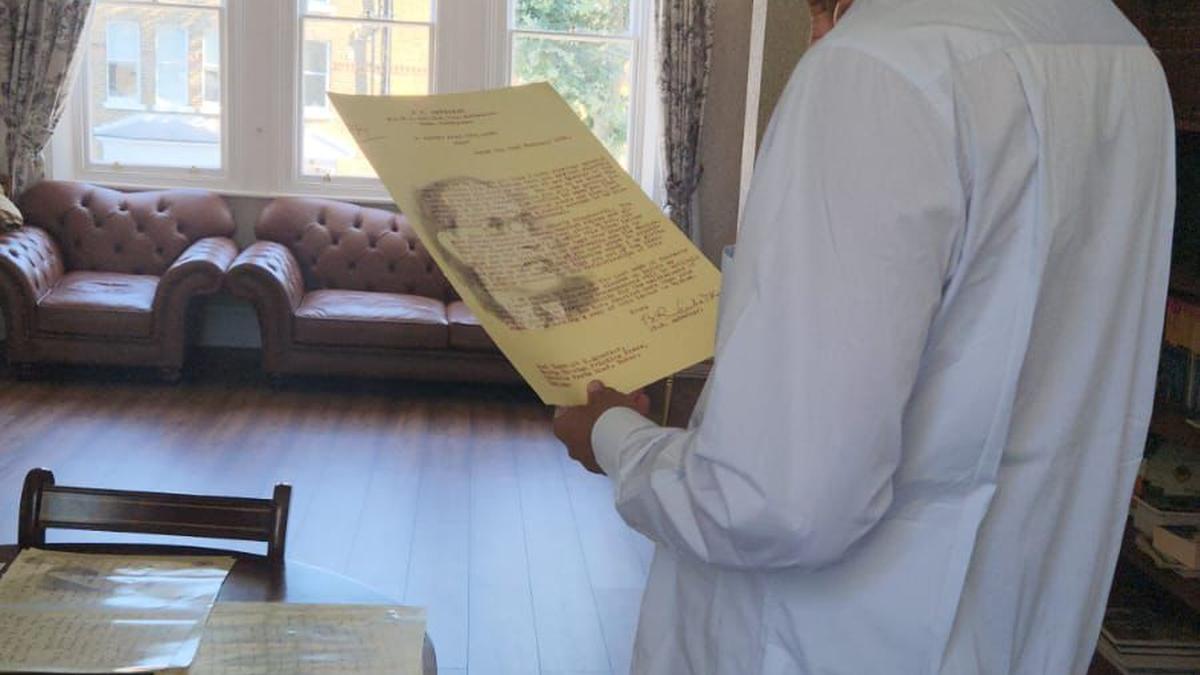Wondering how friendship can be proved through documentary evidence, the Madras High Court has set aside an order passed by an Authorisation Committee, constituted to regulate unrelated organ donations, refusing permission for kidney transplantation between two individuals who claimed to be family friends.
Justice N. Anand Venkatesh found that the committee had denied permission solely on the basis of the Erode Collector’s report, which stated that the donor C. Ganesan of Erode and recipient V. Periasamy of Thanjavur had not produced documents to prove they were family friends.

“It is incomprehensible as to how family friends can establish their relationship through documents. Emotion plays a part in a relationship involving friends, and it is not determined through documentation. Hence, the very basis on which the report has been given by the Collector lacks sound reasoning,” he wrote.
What the rules say
The judge pointed out that the Transplantation of Human Organs and Tissues Act of 1994 does not prohibit organ transplantation between non-near relatives. It only insists that such donation must be out of love and affection, without the involvement of any financial transaction between the donor and the recipient.
The law also insists that no pressure/coercion should have been exerted upon the donor. The objective behind the enactment was to prevent the exploitation of the poor and the disadvantaged, and to ensure that money does not become the only criterion for transplantation of human organs.
“The tricky question that is involved is as to who must establish that there is no commercial dealing in a case of the donor and the donee not being near relatives,” Justice Venkatesh said, and added that the donor and the recipient could only be expected to assert that there was no commercial dealing.

It was for the Authorisation Committee to apply its mind independently and find out whether the donation between non-near relatives was genuinely out of love and affection, as claimed by them, or whether there were materials to prove money having exchanged hands in return for the donation.
In the present case, the Authorisation Committee had denied permission by simply relying upon the Collector’s report and there was no independent application of mind. Therefore, the June 27, 2025, order denying permission for renal transplantation must be necessarily set aside, the judge said.
He directed the family of the writ petitioner (organ recipient) and the family of the donor to be present before the Authorisation Committee on September 4, 2025, for reconsidering the application and taking a final decision on the issue, within four weeks, strictly in accordance with the legal requirements.



.png)
.png)
.png)
















 1 day ago
4
1 day ago
4







 English (US) ·
English (US) ·